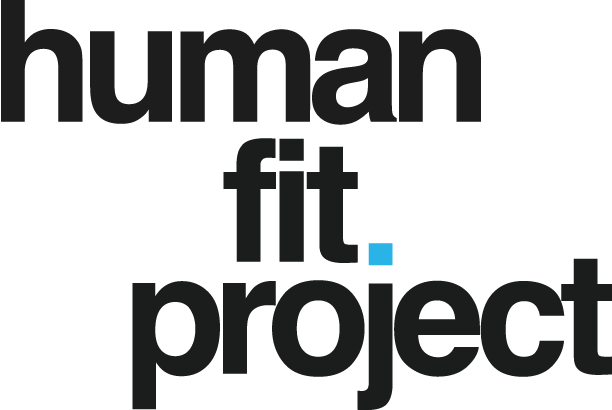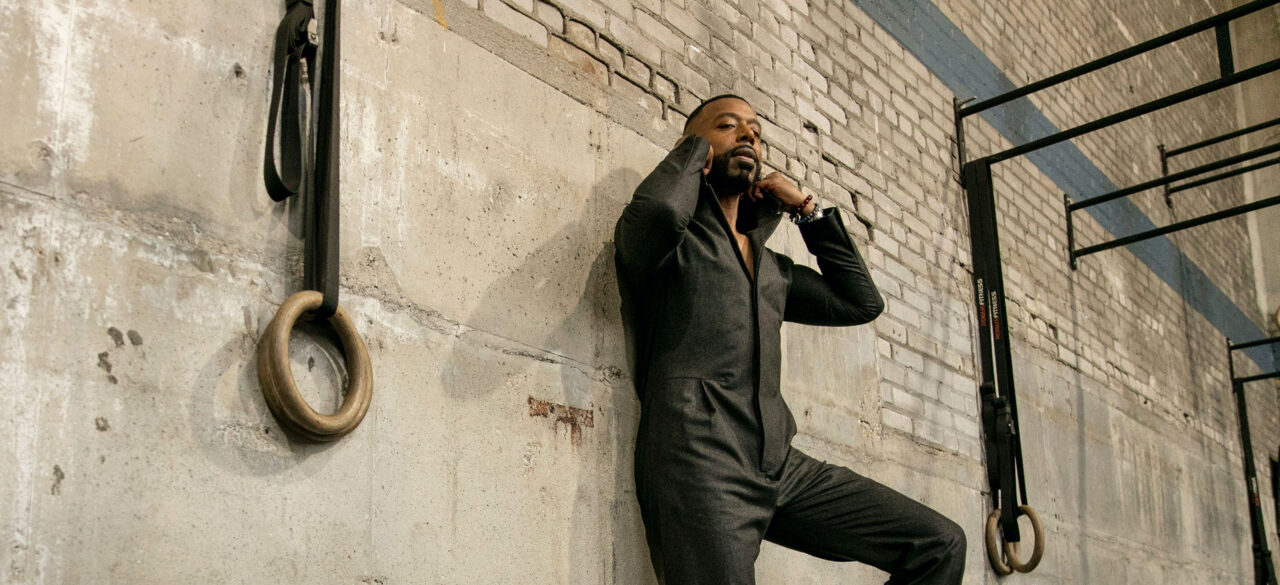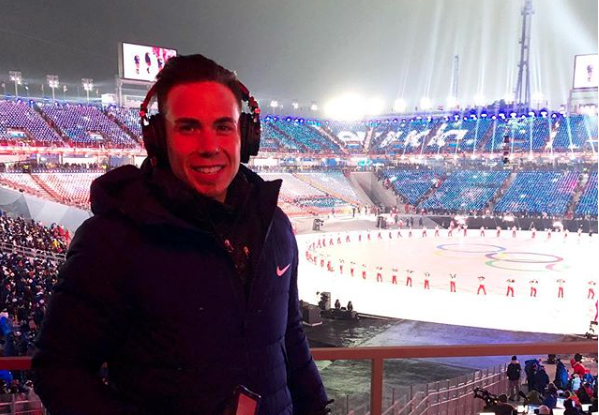We’re dedicating the month of April to mental fitness. Every Sunday, we’ll be releasing a new feature designed to help you strengthen the power of your mind with Klay S. Williams (@planawithklay) a transformational change agent, author and podcast host who specializes in courageous wellness conversations in the media and corporate spaces. Our topics include: manifesting a breakout moment, overcoming the unexpected, discovering the hidden benefits of meditation, and conquering self-limiting beliefs. Here, the final article in the series: how to conquer self-limiting beliefs.
How to Conquer Self-Limiting Beliefs
Most of us have dreams—big dreams—whether they include reaching a certain rung on the ladder of your career, having a happy, fulfilling romantic relationship, or achieving a particular fitness goal. But if your present life looks nothing like your dream life, self-limiting beliefs could be to blame. “A lot of us know what we want, but self-limiting beliefs come in and say, ‘I can’t have that’ or “I’m not worthy of that” or “I don’t deserve those things,” says Klay. “So you’re limited in your present moment and not able to go forward to any of the things that you really want because of those self-limiting beliefs. You limit the possibilities. You limit the manifestation moment.”
Beyond your own ambition, self-limiting beliefs can impact how others perceive you as well.
“We train people how to treat us,” says Klay. “When we limit what we feel that we’re deserving of, what we’re worthy of, we kind of receive that.” Here, two ways to break the cycle of limiting beliefs and create the life you deserve:
Dig into your past.
Klay suggests giving this some serious thought: If you’re being completely honest with yourself in a nonjudgmental way, in a way that’s not blaming other people, what is the root of your self-limiting beliefs? Where do they come from? “Use your life as the blueprint and comb through your past,” says Klay. “Normally, there’s a teachable moment somewhere in our childhood or adolescence that gave us that first pebble to say, ‘Oh, this is how you should be treated, this is what I should accept.’ To be able to make that identification point, you get to strengthen yourself by knowing that it was never yours to take on. You’re able to go back and have a clear conversation with yourself and say, ‘This is what I was taught and I now can make a different decision.’”
Put it on paper.
On one side of your page write: What is the limiting belief? On the other side write: What is the opposite of that (what would happen if you believed in yourself)? Once you have one or more pairs written down, draw a line—a make-believe bridge if you will—between the self-limiting belief and the full belief. What is one step that you can take that will connect that bridge? “If I’m someone with a self-limiting belief that I can only receive the salary that I’m making, I can only stay in this project management role, the other side of that is, ‘Oh, I really want to be a managing director,’” says Klay. “The bridge maker, then, is asking for support and understanding what are the resources or the connections you need to make in order to be that.
It’s taking a step in the direction that will help you accomplish that goal by naming what the self-limiting belief is at the beginning.”
Hold yourself accountable.
“A major mistake that many of us make when attempting to conquer self-limiting beliefs is to begin a process without creating any form of accountability,” says Klay. “Accountability supports us in having a greater sense of discipline and commitment towards our end goal while reducing the risk of victimization,” he adds. “For instance, if your goal is to lose 50 lbs and you’ve done the work to identify that the origins of your self-limiting belief came from an unhealthy relationship with a parent who was verbally abusive about your weight as a child, you’re now able to understand that your weight loss goals must be for your own benefit and desires, without the need of proving anything to your parent. To hold yourself accountable, you can make the commitment by creating discipline in your nutrition, scheduling workouts, and carving out time to meditate or envision your end goal in peace. And if there is a set back at any point, accountability gives you permission to refocus and start again, without falling prey to victimization or pity.”
Need a workout plan? We’ve got more than 30 free ones to try.
Photography credit: Andre L. Perry; @perrylperry
Disclaimer:
This information is for educational purposes only and is not clinical medical advice. Please consult your healthcare and mental health practitioners prior to implementing any lifestyle change.


